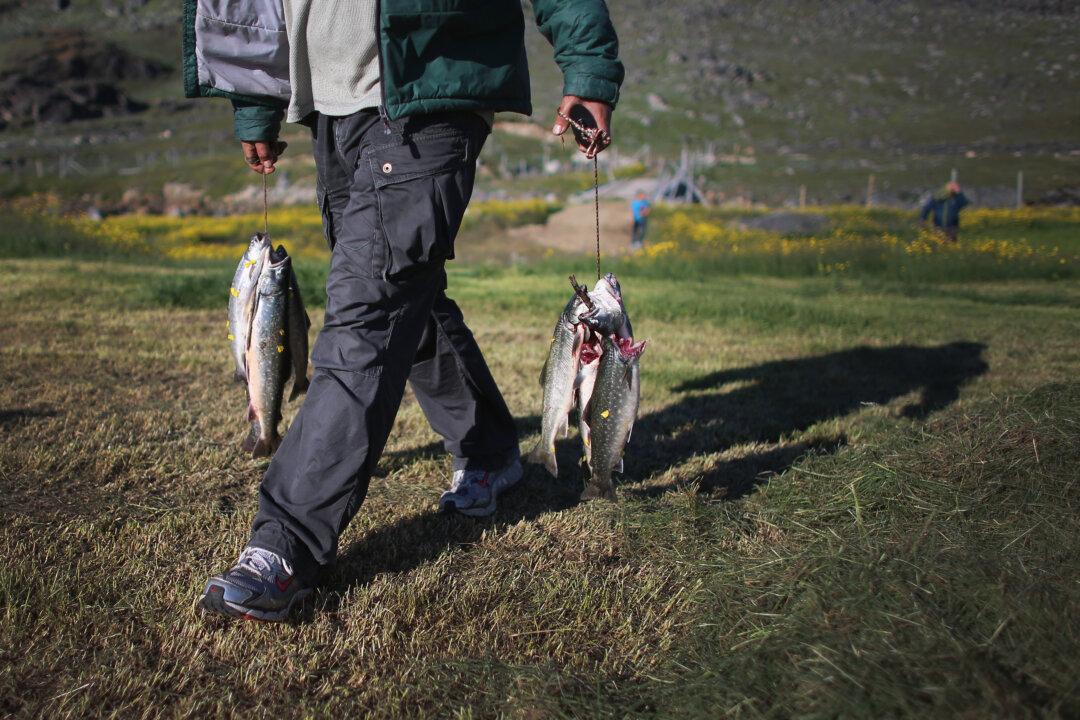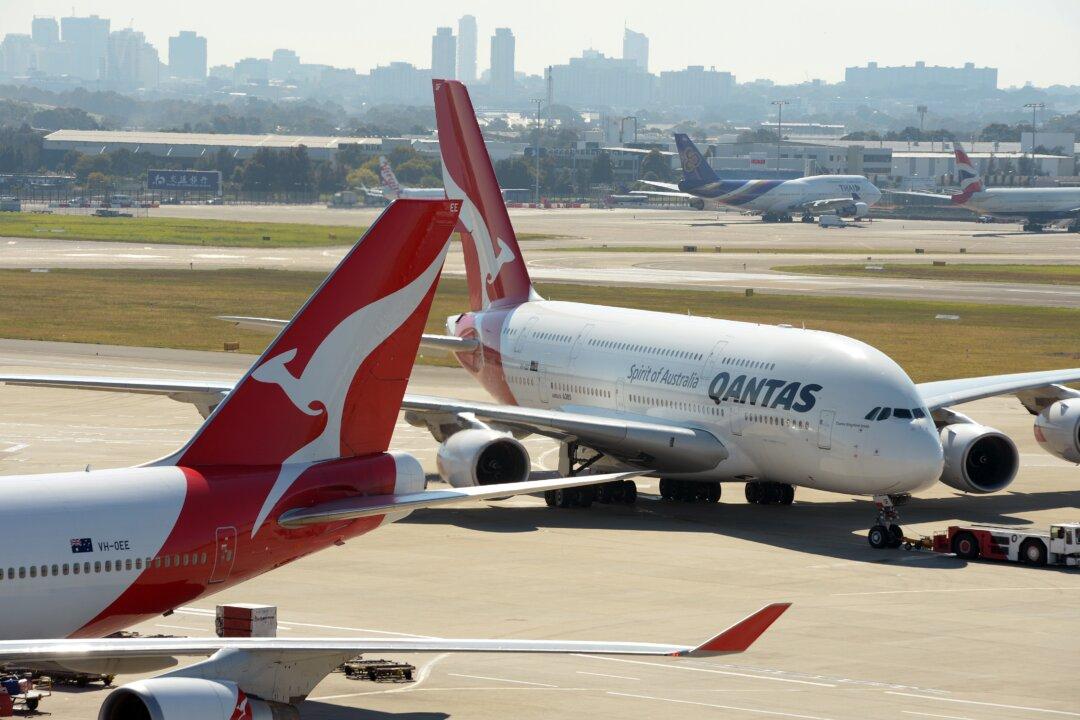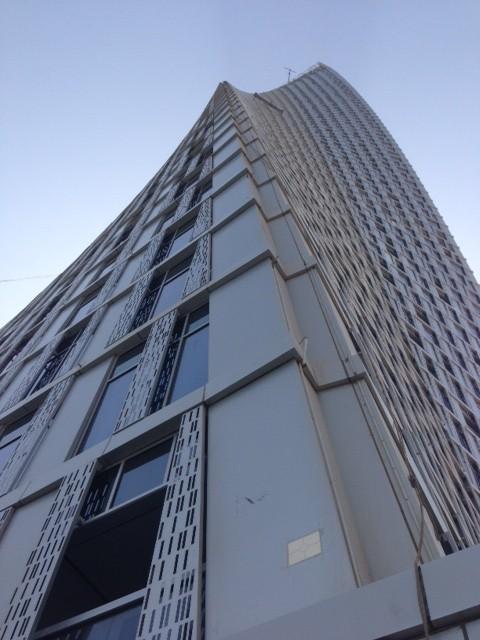ABU DHABI, United Arab Emirates—In a country that invented the falcon passport and where the national airline allows the birds to be carried into the cabin, a hospital devoted exclusively to the pampered pets is not so surprising.
Falcon Hospital for Pampered Pets in Abu Dhabi
In a country that invented the falcon passport, a hospital devoted exclusively to the pampered pets is not so surprising.
Hospital Director Margrit Muller treats a falcon at a hospital devoted entirely to falcon treatment in Abu Dhabai, United Arab Emirates. Stephen Jones/The Epoch Times
|Updated:



